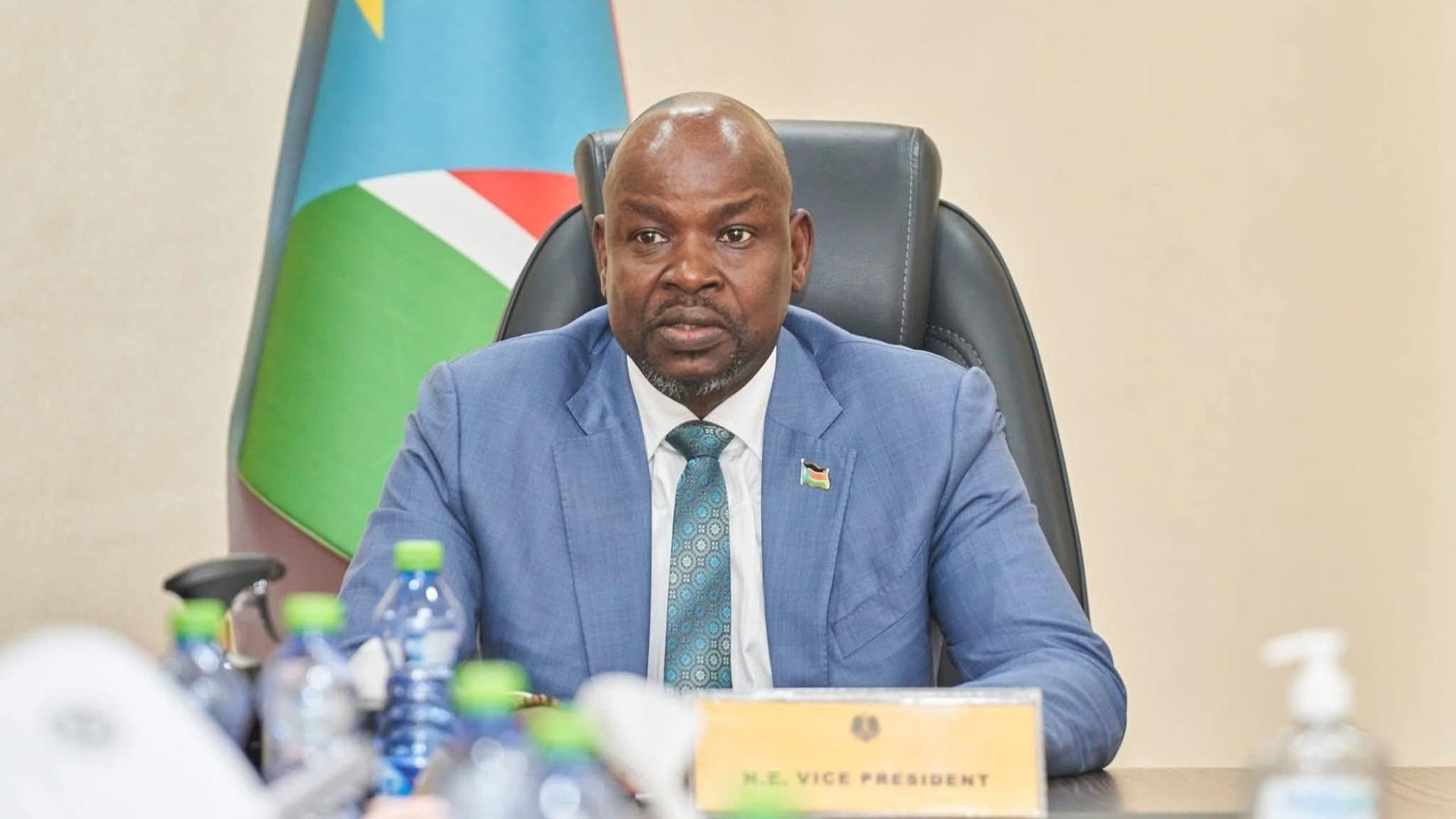Africa-Press – South-Sudan. Patience is wearing thin among members of the South Sudan People’s Defense Forces (SSDPF), who remain desperate and struggling to sustain their families due to salary delay despite a public commitment by Vice President and Chairperson for the Economic Cluster, Benjamin Bol Mel in February to clear outstanding salary arrears and execute payment for civil servants and organized forces on the 24th day of every month.
But as South Sudan’s economic woes deepen and liquidity crunch hits the South Sudanese Pounds, the executive arm of the government has struggled to stay true to its commitment as government employees, particularly members of the organised forces, voice their frustration over the persistent delay of salaries.
Garang Deng Ngor, a sergeant who lives in Northern Bahr El Gazal State, said that they have lost hope and have become too desperate as life gets harder.
Deng said he used to get paid over 60,000 SSP every month, compared to a recruit who is paid about 30,000 SSP every month, attributing the delay to a lack of good steps taken to address the army’s challenges.
“This country is losing the objectives we fought for. Dr. John Garang didn’t aspire to have such a nation where we are languishing in crises,” said Ngor.
“Now I have to do other things, such as cutting trees and selling them, but that is not a business I want. If my salaries come monthly, I can give the other money to my boy so that he can open a retail business, but now my family is suffering,” lamented Ngor.
He highlighted the problems most of them face, saying most of the people’s spouses have left them as they can’t manage to sustain them.
“Most of the people working in the army are not well off, and the wives of the comrades have deserted them, and for sure, they don’t have anything to do with the destitution we are in. Most sleep on an empty stomach, and some are working on the farms of those who are wealthy to earn a living,” he noted.
Mr. Ngor acknowledges the severity of the situation that befalls the country, but said the government should not forget the army.
“Where on earth would you get an officer burning charcoal for a living?” he questioned. “This is weird, and we lack sympathy, and the government should be sympathetic for the comrades,” he decried.
Lt. Colonel, Garang Lual, who lives in Wanyjok Town in Northern Bahr El Gazal State, says it is a matter of keeping the mouths sealed as too many complaints don’t produce anything to save their situation.
In June, the Minister of Finance and Planning, Marial Dongrin Ater, conceded that the government did not have cash to clear salary arrears and implied that this has equally impacted commercial banks, making it difficult to access cash when salaries are disbursed.
Mr. Lual pointed out that such arrangements have done very little to address their concerns.
“I have brothers outside the country who support my family as I have many wives, and I don’t have an assignment,” he said.
“You find many Generals dumped in Bilpam [army headquarters], Wunyiik Division here in this state without assignment, how can you survive in a situation where money is rumoured to come but it doesn’t arrive?” he questioned.
Lual did not mince his words in appealing to the national leadership to monitor the army’s welfare in the region and compare it to their own in South Sudan.
“The national leadership should be observant enough and compare how the other countries pay or remunerate their service men and women in uniforms. This is not good. We have to be aligned with the national procedures of handling the army and the teachers,” he urges.
South Sudanese soldiers are arguably the lowest-paid servicemen in the region. In Kenya, for instance, a regular soldier earns approximately Ksh 20,000–30,000 per month (USD 167–250). After 12 years of service, sergeants, who assist in commanding platoons, earn around Ksh 50,000–70,000 per month (USD 417–583).
For More News And Analysis About South-Sudan Follow Africa-Press






